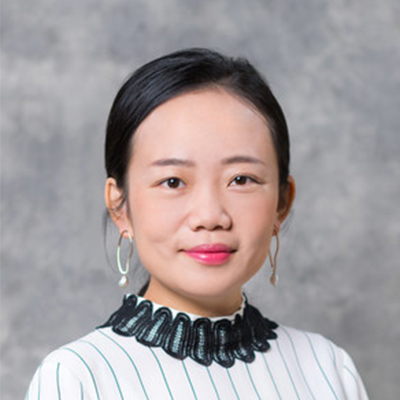
Dr Haixing Li is an Assistant Professor in the Department of Physics at City University of Hong Kong. She obtained her BS in Physics from the University of Science and Technology of China in 2012 where she did her undergraduate thesis with Prof. Xianhui Chen growing oxides in search of superconductors. During her undergraduate studies, she also spent a summer at the University of Oxford learning quantum optics. She then moved to Columbia University and earned her PhD in Applied Physics in 2017 under the guidance of Prof. Latha Venkataraman uncovering the electronic properties of molecular silicon. She worked as a postdoctoral fellow and later a Charles H. Revson Senior Fellow in the laboratory of Prof. Ruben Gonzalez at Columbia University studying mechanisms of ribosomal frameshifting from 2017 to 2021. Her research group examine molecules and bio-inspired architectures at the single molecule level to spark advances in electronics, health, and sustainability.
Single molecule techniques have made a profound impact in uncovering the structure-function relationships of molecular materials. Among them, the scanning tunneling microscope break junction (STM-BJ) technique has emerged as a powerful platform for observing quantum mechanical phenomena at nanoscale and for testing electron transport theory at molecule-metal interfaces. In this talk, I will describe single molecule measurements of cyclic silanes performed using a STM-BJ technique and related density functional theory calculations. We demonstrated that we can achieve an ultimate molecular insulator in a functionalized bicyclo[2,2,2]octasilane moiety by the use of complete destructive quantum interference effect in a sigma-conjugated backbone. This work highlights a sigma interference-based approach in creating insulating molecular materials.